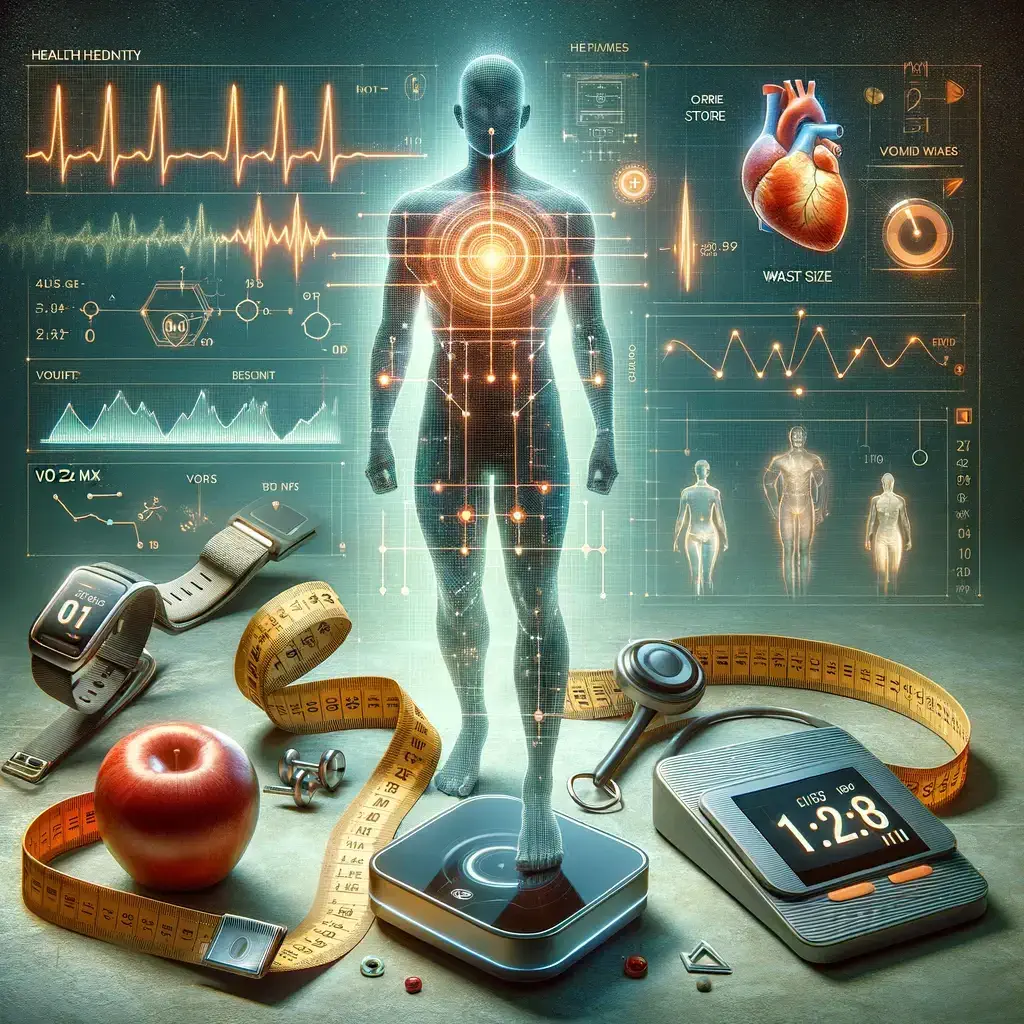How I Transformed My Health: My Journey with Personal Monitoring Tools and Their Impact
Today, I woke up with a perfect HRV score. The app I use measures my heart rate variability and assigns a score. If your score is at the baseline, it gives you a higher score, and if it's off the baseline, it gives you a lower score. Today, I achieved a perfect 10 on a scale of 10. So, what is heart rate variability? Heart rate variability is a measurement of the variation in time between successive heartbeats.
For instance, a heart rate of 60 beats per minute suggests 1 beat per second, but in reality, that's not always the case. Sometimes your heart beats at 0.9 seconds, and sometimes it's 1.2 seconds. Intuitively, one might think that a steady heart rate is desirable, as it would signify good health, but the reality is just the opposite. The higher the variation in heart rate, the better your overall well-being and health because it indicates your ability to react and recover from stressors more smoothly, causing heart rate intervals to vary. Life presents us with various stressors and outside stimuli, and when exposed to them, our heart rate changes, which is precisely what we want – that variation to help our heart cope with outside stressors.
Therefore, heart rate variation is crucial, and monitoring heart rate is essential. On a daily basis, I track four health measurements, so to speak. The first, I would say, is heart rate variability. I measure it every morning, which is quite different from just heart rate since it reflects the variation in heart rate beats. I've been doing this for over a year now, and it provides valuable insights. It can give me advance notice if I need to take it easy, slow down for the day, practice more breathing, or hydrate myself. All these insights are derived from heart rate variability.
The second parameter is waist size. If your waist size is in the correct range, everything else tends to fall into place. I measure this every morning as well. The heart rate variability test takes about two and a half minutes, and then I measure my waist size. If your waist size remains consistent or falls within the desirable range, it can significantly impact your weight and reduce the risk of metabolic diseases.
The third parameter is VO2 max. While it doesn't fluctuate significantly on a daily basis, I let my watch calculate it over time. It's a good gauge of how much oxygen you take in during exercise and provides insights into your overall health. It's recommended to aim for an average VO2 max that's not just close to your age's average but matches that of someone two decades younger. This ensures you stay healthier as you age.
The fourth and final measurement is weight. Maintaining your desired weight is essential for overall health. I recommend using an electronic scale that measures your body fat composition and records your weight progress in an app. These scales are available at a reasonable price and provide valuable data for tracking your weight.
These four measurements are crucial for monitoring your health progress. What you measure is what you can improve. If you don't measure it, you won't see progress. Knowing where you are is the first step, and then you can devise strategies to improve, but you must measure your progress against your baseline.
I advocate for good self-care, and monitoring is key. These measurements help you monitor and work towards leading a healthier life. It's essential to ensure that your baseline gets better, not worse, with age because, by default, these numbers tend to decline. Using technology, like smartwatches, can be helpful. I use an Apple Watch to monitor my exercise, calories burned, steps taken, and even environmental factors like noise level. It keeps me aware of when I need to stand up and move around, which is essential for staying active throughout the day. It also helps me track my sleep and exercise data over time, motivating me to improve my stats.
Lastly, I've seen people use other tools and gadgets, like the WHOOP strap for comprehensive fitness monitoring or sleep-tracking rings. I personally use Apple Watch for sleep tracking. While these can be helpful, it's essential to strike a balance and use technology in moderation. The goal is to sustain these practices over the long term to lead a healthy life continuously.
In conclusion, I encourage everyone to prioritize self-care and monitor their health using these four essential measurements. Regular monitoring, moderation, and making sustainable changes are key to achieving and maintaining good health.

